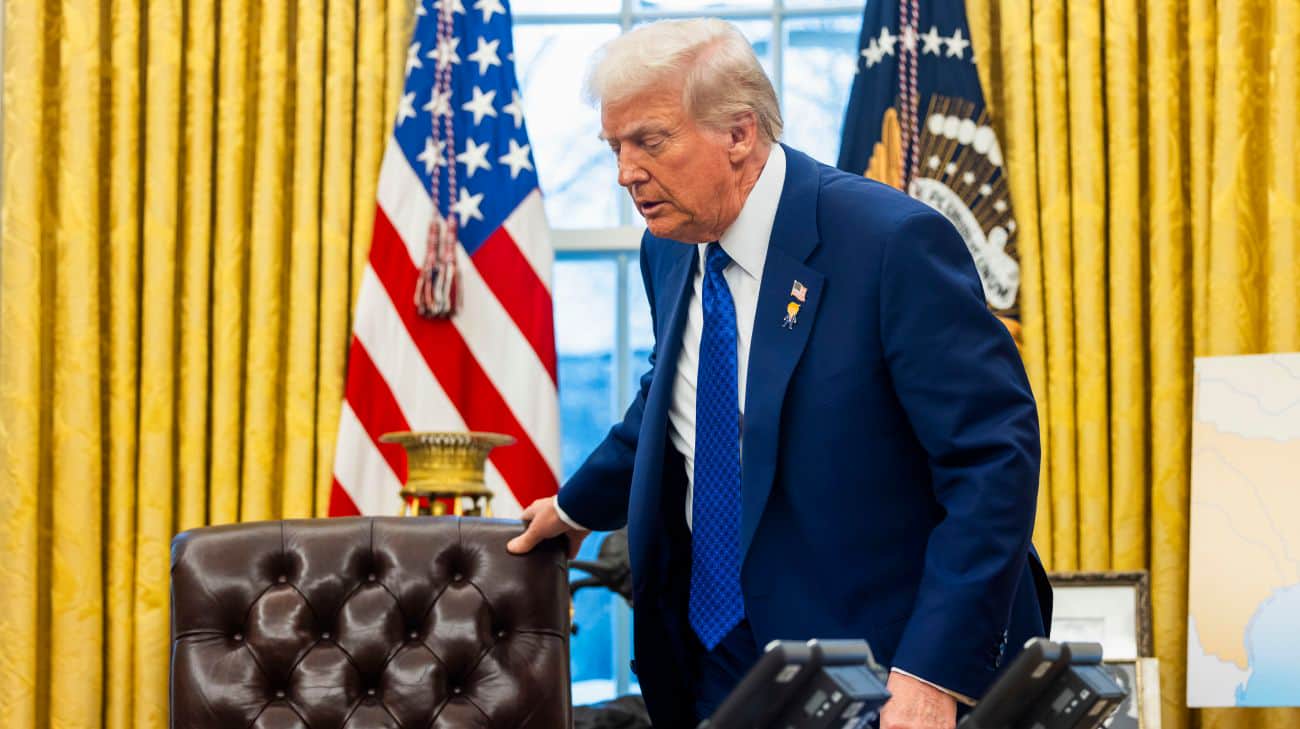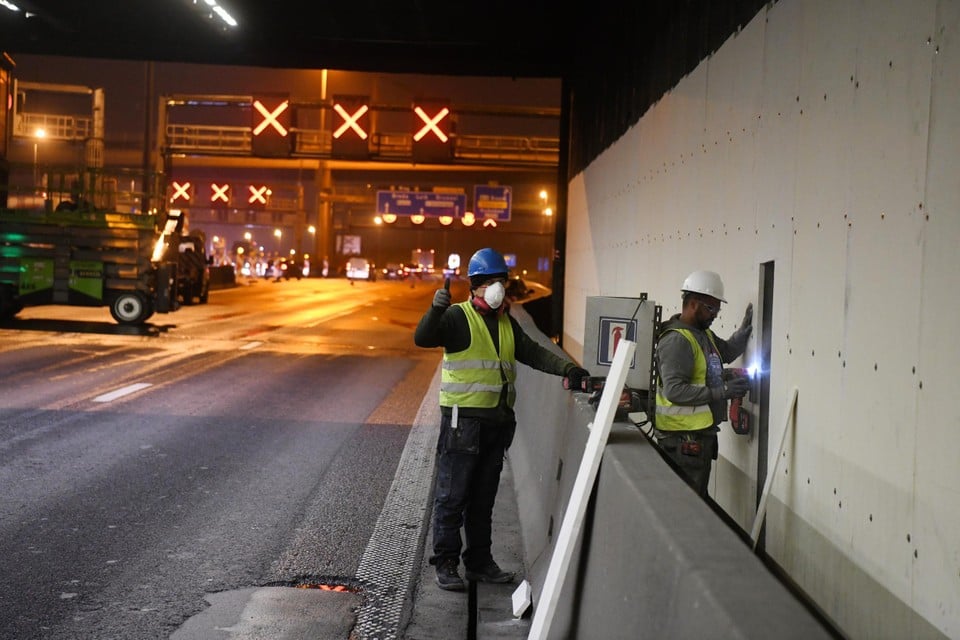When it arrives late and faceless

The theme of preventive inquiries is on the agenda. First the Prime Minister’s Spinumviva case, Luís Montenegro. Now that of the PS secretary general, Pedro Nuno Santos. What is a preventive investigation? The question of the consummate facts.
Preventive investigation is an innovative tool in combating crime that allows the prosecutor and the judicial police to intervene before the criminal offense. This legal figure allows MP or PJ to investigate impending risk of corruption or economic-financial crimes before sufficient evidence to open a criminal investigation. In concrete cases the facts that motivated the opening of preventive inquiries have already occurred. We are facing consummate facts that should be investigated under a criminal investigation. Raises questions the space between the theoretical purpose of preventive investigation and practical application. If the facts happened what is ‘preventive’ in the investigation? Will we not be facing a way to circumvent legal requirements for opening a criminal inquiry?
Preventive verification vs. Crime
Criminal survey is the formal procedure when there is evidence of a crime has been committed. The MP collects evidence, listens to witnesses and, if applicable, accuses the suspects. However, when the facts that motivate the investigation have already occurred, the logic of prevention and preventive investigation is lost becomes a kind of ‘informal inquiry’.
Media cases and excessive relevance of anonymous complaints
It becomes more sensitive when cases involve politicians. The MP has often made public investigations public when they result from anonymous complaints, exposing to media judgment. When are the facts already known why not open the crime inquiry? The answer raises questions about the use of preventive investigation in order to circumvent the legal requirements of formal investigation.
Another aspect is the excessive relevance given to anonymous complaints when they involve public figures in sensitive contexts as electoral periods. The fact that the MP makes public investigations based on anonymous complaints, sometimes without prior verification, has implications for the reputation of the visits and also for the normal functioning of the democratic process. The instrumentalization of anonymous allegations for political or media purposes is a risk and the MP should be cautious so that justice is not used as a throwing weapon in electoral disputes. After all, the presumption of innocence is not just a legal principle, but a fundamental pillar of public trust in justice.
Conclusion
Preventive investigation is a kind of fire alarm to sound before spreading the fire. If the alarm plays after the building has already consumed it is questionable its usefulness. Its application in cases of consummate facts raises legitimate doubts about adequacy and respect for the principles of the rule of law. It is essential that the MP uses it with rigor, ensuring that the verification is preventive and ensuring that justice is not the scene of political or media disputes at sensitive times such as electoral periods. If the goal is to protect people with relevance in the state of anonymous complaints, why is there disclosure? Confidentiality is the golden rule to make research effective and protect the reputation of the visits. Thus, the MP only managed to launch the country in a new confusion, such as the recent case of António Costa.
Lawyer, Founder Partner Melo Alves








